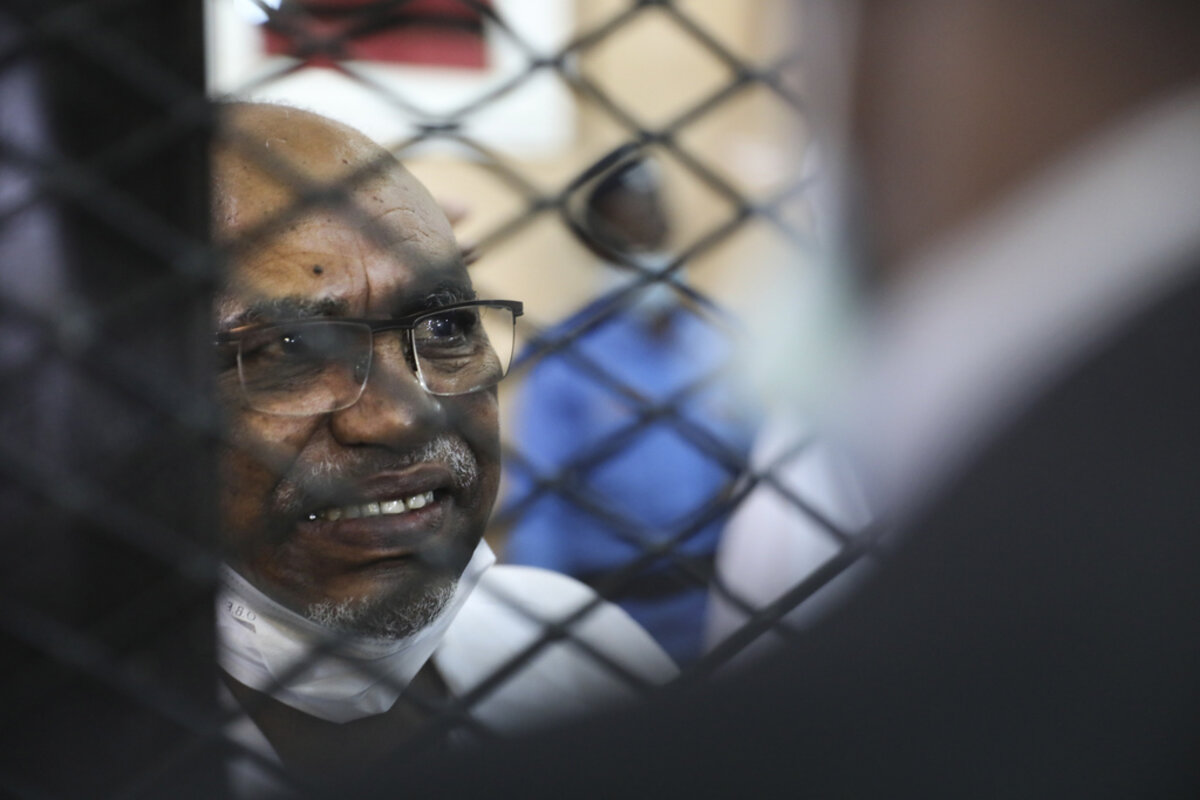Lebanon shows that when trust in government ebbs (due to corruption and incompetence), a robust civil society – expressing generosity and compassion – can emerge that also acts as a catalyst for accountability and reform.
Monitor Daily Podcast
- Follow us:
- Apple Podcasts
- Spotify
- RSS Feed
- Download
 David Clark Scott
David Clark Scott
Canadian Siera Bearchell has a gender qualities message that’s gone viral.
In a TikTok video uploaded last week, Ms. Bearchell says people talk to her daughter, Lily, “completely differently” when they identify her as a girl. “They always comment on how pretty she is, her dress, how she’s so beautiful,” says Ms. Bearchell.
But if her short-haired toddler is not in a dress or not wearing pink, and people assume she’s a boy, “They will say things like, ‘Wow, you’re so fast!’ or ‘You’re so strong, look at you go!’” Ms. Bearchell says.
Her #morethanpretty video has been viewed more than 11 million times.
It won’t solve this chronic problem, but here’s a start to countering such stereotyping. Consider the girls of the Tokyo Olympics, who are portraits of speed, strength, agility, and grit. There’s the Syrian table tennis prodigy, 12-year old Hend Zaza. The 15-year-old American Katie Grimes, who swam in the 800-meter finals.
But clearly women’s skateboarding is where youth excels. A pair of 13-year-olds – Momiji Nishiya of Japan and Rayssa Leal of Brazil – won gold and silver in women’s street skateboarding. On Wednesday, 12-year-old Kokona Hiraki of Japan took silver, and the fearless 13-year-old Sky Brown of Britain won the bronze medal in the women’s park competition.
And Sky has her own answer to the gender tropes. Last year, she released the pop song “Girl,” which includes this chorus:
I can be pretty, glitter in my hair.
But I’m not defined by what I wear.
I can be gritty, and shake up the world.
I can do anything, I’m a girl.










